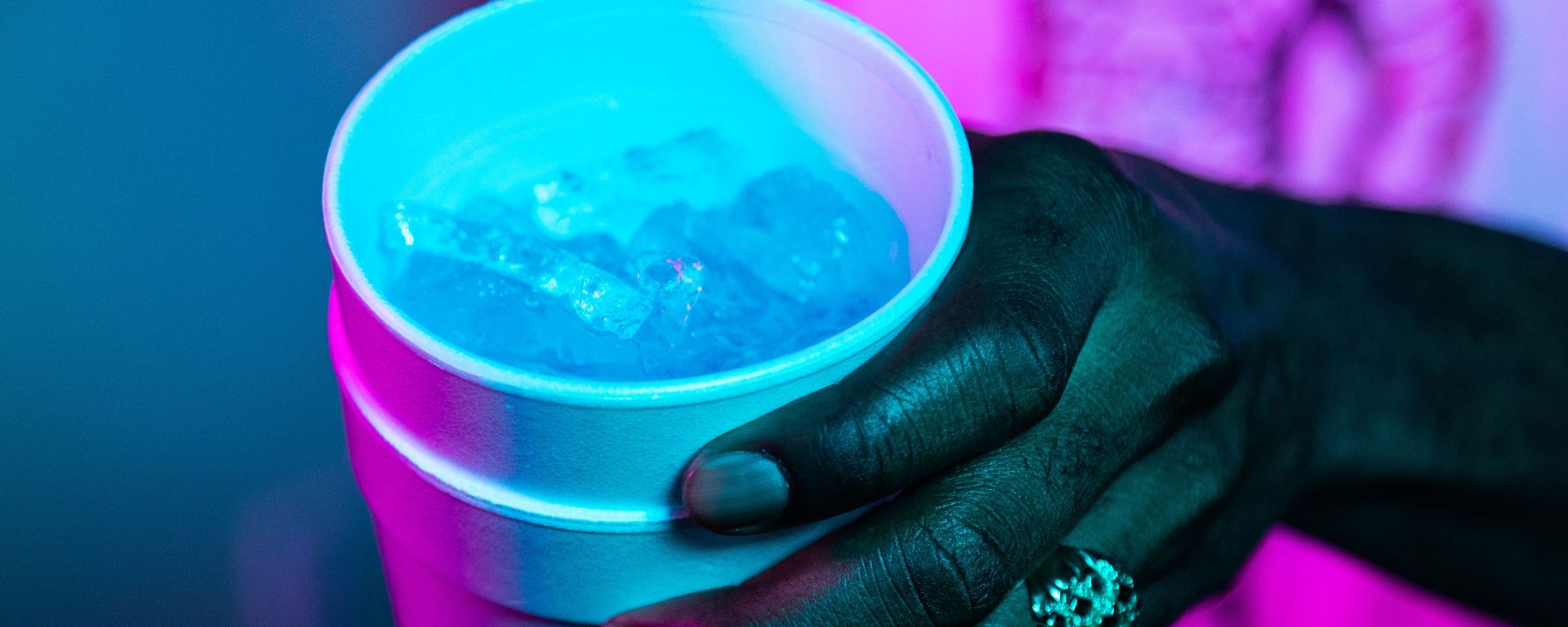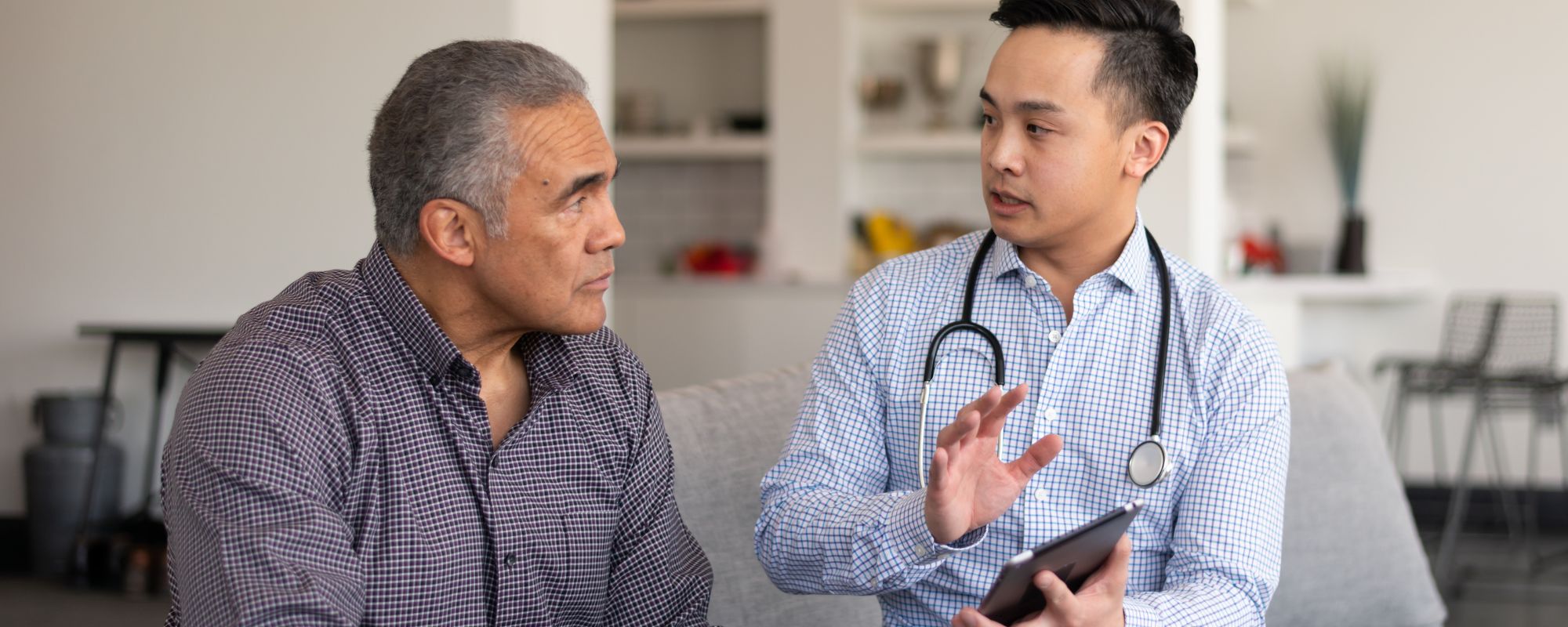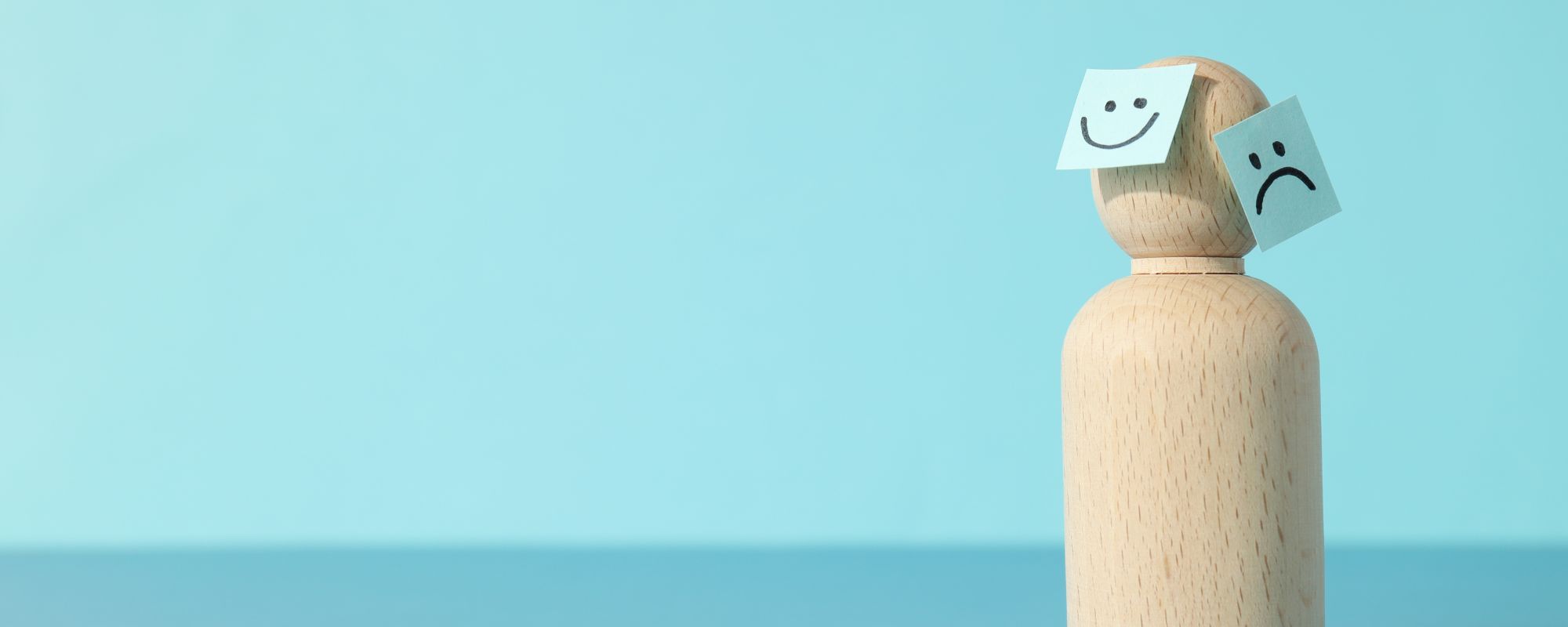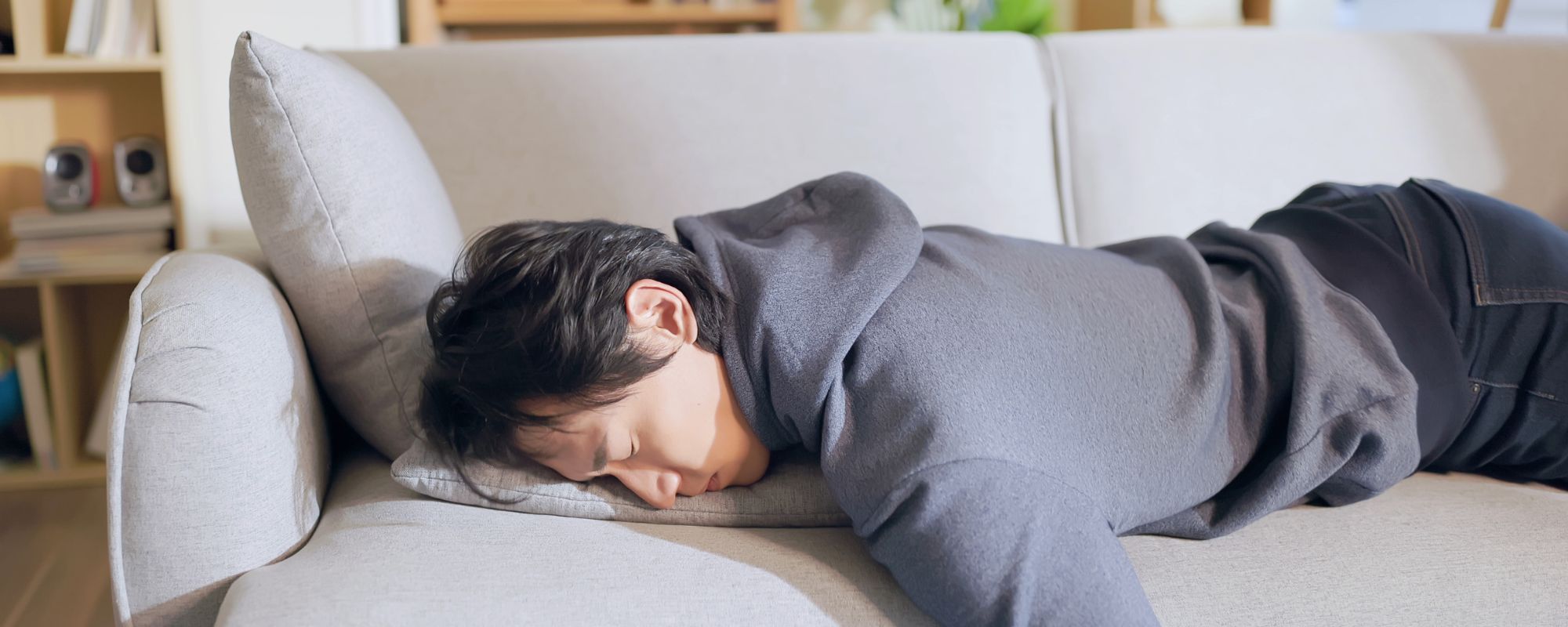Drug detox is the first and crucial step in overcoming drug addiction. It involves safely removing harmful substances from the body while managing withdrawal symptoms. Detox helps prepare individuals for long-term recovery by clearing toxins and stabilizing their physical health. Whether you’re searching for a drug detox near me or a drug detox center, understanding this process is key to starting the journey toward sobriety. In this blog, we’ll explain what drug detox is, how it works, and why it’s an essential part of drug abuse recovery at a drug treatment center or a recovery center for drugs.
What Is Drug Detox?
Drug detox is a medically supervised process that helps individuals safely remove harmful substances from their bodies while managing withdrawal symptoms. It is often the first step at a drug detox treatment center or recovery center for drugs, preparing people for long-term recovery. The drug detox timeline varies depending on the substance and individual needs, typically lasting from a few days to several weeks. During detox, medical staff provide support and sometimes medications to ease symptoms and prevent complications. While detox focuses on clearing the body, it is usually followed by rehab or therapy to address the psychological aspects of addiction and support lasting recovery. Whether searching for a drug detox center or drug detox and rehab options, understanding detox helps individuals take the first step toward drug abuse recovery.
Why Is Drug Detox Necessary?
Drug detox is necessary because quitting drugs suddenly, or “cold turkey,” can be dangerous and even life-threatening. Withdrawal symptoms may be severe, including shaking, nausea, seizures, or intense cravings. Medical detox at a drug detox treatment center provides supervised care to manage these symptoms safely. This support reduces health risks, helps the body clear toxins, and prepares individuals for ongoing treatment. Without detox, the chance of relapse or serious complications increases, making detox a critical first step in drug abuse recovery.
Who Offers Drug Detox Near Me?
To find medical detox centers near you, start by searching online resources like SAMHSA’s FindTreatment.gov, which offers confidential listings of local detox and rehab facilities. You can also do an online search in your area to compare options based on location, services, and reviews. Contact your local health department or addiction support organizations for recommendations on state-funded or free detox centers. When choosing a drug detox and rehab center, consider factors like medical supervision, treatment programs, and aftercare support to ensure the best fit for your recovery needs.
If you’re searching for drug detox near you, Royal Life Centers offers a safe and supportive environment to begin your recovery. As a trusted drug detox treatment center, we provide 24/7 medical supervision, experienced staff, and personalized care to help you detox from drugs comfortably and safely. Our comprehensive program includes both drug detox and rehab, ensuring you receive the support you need at every stage.
What Drugs Require Detox?
Some drugs require detox because they cause physical dependence, meaning the body reacts strongly when the drug is stopped. Detox helps manage withdrawal symptoms safely. Other drugs may cause less severe withdrawal and might not need medical detox. The following drugs often require detox:
- Opioids: Require detox due to intense physical withdrawal symptoms like pain, nausea, and chills. Medical supervision helps ease discomfort and prevent complications.
- Methamphetamine: Detox is important to manage severe fatigue, depression, and cravings, though withdrawal is less life-threatening than opioids.
- Benzodiazepines: Need medically supervised detox because withdrawal can cause seizures, hallucinations, and other dangerous symptoms. A slow taper is often used.
- Cocaine: Detox manages symptoms like depression and anxiety, but is generally less dangerous than opioids or benzos; medical support still improves safety and comfort.
What Is Detox from Drugs Like?
Detox from drugs is the process of clearing harmful substances from the body while managing withdrawal symptoms. It often involves three stages: evaluation, where medical staff assess the person’s health and substance use; stabilization, where withdrawal symptoms are treated and controlled; and transition, preparing the individual for ongoing addiction treatment. Detox can be challenging, with symptoms like anxiety, nausea, or cravings, but medical supervision helps keep it safe and more comfortable. The drug detox timeline varies depending on the drug and individual factors, usually lasting from a few days to several weeks. Detox is only the first step toward recovery, laying the foundation for therapy and long-term support.
Managing Drug Withdrawal Symptoms
Managing drug withdrawal symptoms is a critical part of the detox process to help individuals safely and comfortably get through the difficult early stages of recovery. Proper care reduces the risk of complications and supports long-term success. Here are some treatment approaches that support a safe detox:
- Medication-Assisted Treatment (MAT): Uses medications to ease withdrawal symptoms and reduce cravings, making detox safer and more manageable, especially for opioids and alcohol.
- Around-the-Clock Care: Continuous medical supervision ensures symptoms are monitored and treated promptly, preventing serious complications and providing emotional support.
- Medication for Depression: Since withdrawal can cause mood changes and depression, doctors may prescribe antidepressants to help stabilize emotions during detox and support mental health recovery.
What Happens After Detox?
After detox, continued treatment is essential to support long-term recovery and prevent relapse. Transitioning to the right rehab program helps individuals address the underlying issues of addiction or substance use disorder (SUD) and build a foundation for a healthier life. Here are some different types of programs that usually follow detox:
- Inpatient Drug Rehab: Offers intensive, 24/7 care in a structured environment, providing a safe space to focus on recovery without outside distractions. It’s often the next step after detox at a drug detox center.
- Outpatient Drug Rehab: Provides flexibility, allowing individuals to live at home and continue with work or school while attending treatment sessions. This option suits those with strong support systems and less severe addiction.
- Aftercare: Includes ongoing support like therapy, support groups, and sober living arrangements to help individuals maintain sobriety and navigate challenges after completing a formal drug treatment center program.
Finding a Drug Detox Center
When searching for a professional drug detox center, look for experienced medical staff, 24/7 supervision, personalized treatment plans, and a supportive environment that prioritizes your safety and comfort. It’s essential to select a facility that provides a comprehensive continuum of care, spanning from detoxification to aftercare, to support sustained recovery.
If you’re ready to take the first step, contact Royal Life Centers for compassionate, expert care and a proven path to lasting recovery. Your journey to a healthier life can start today.
Resources
- Overview, Essential Concepts, and Definitions in Detoxification – SAMHSA
- Medical Detoxification – Yale Medicine
- Detoxification from benzodiazepines: schedules and strategies – PubMed
- Opioid Withdrawal – NIH [StatPearls]
- Physical Detoxification Services for Withdrawal From Specific Substances – SAMHSA
- Management of Acute Withdrawal and Detoxification for Adults who Misuse Methamphetamine: A Review of the Clinical Evidence and Guidelines – NIH
- Cocaine withdrawal – Medline Plus
- Pharmacological strategies for detoxification – NIH
- Management of Withdrawal from Alcohol and Other Drugs – NSW Health
- Substance Use Disorder (SUD) – Cleveland Clinic
- Addiction withdrawal – Healthdirect
- Understanding the Difference Between Inpatient and Outpatient Rehab – Healthline









